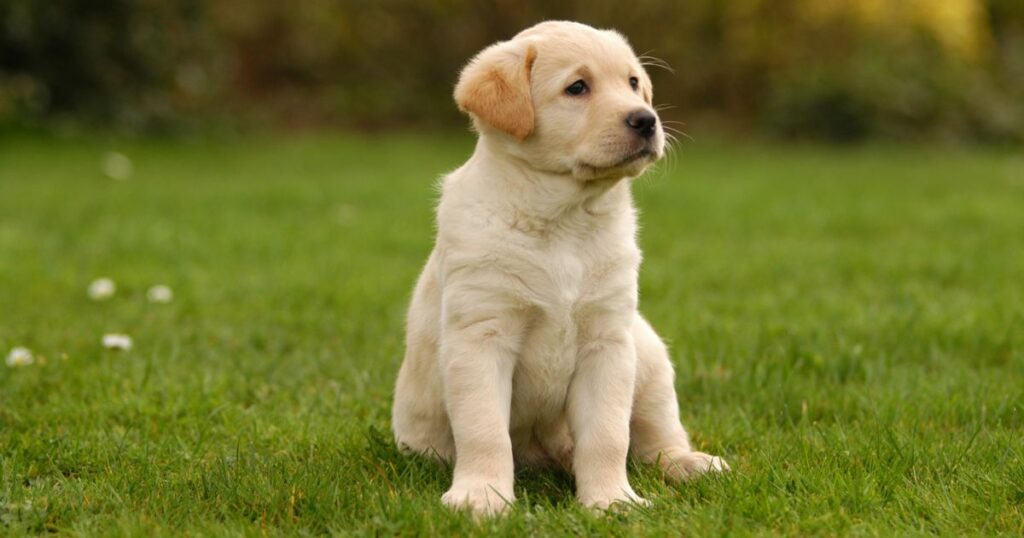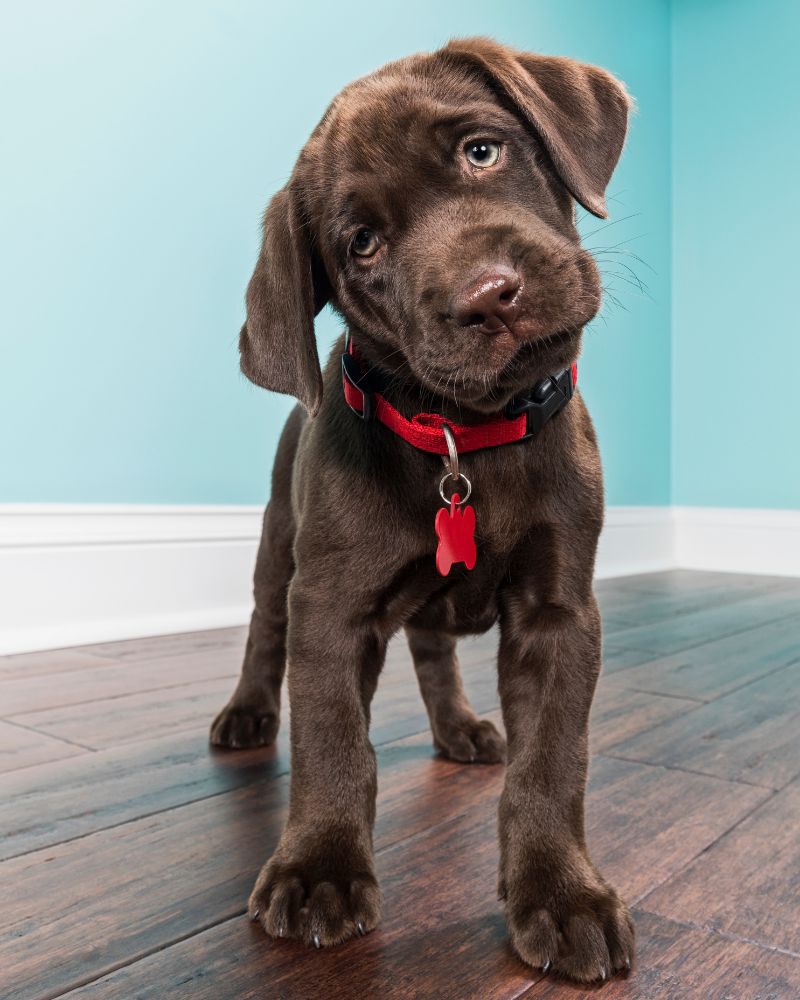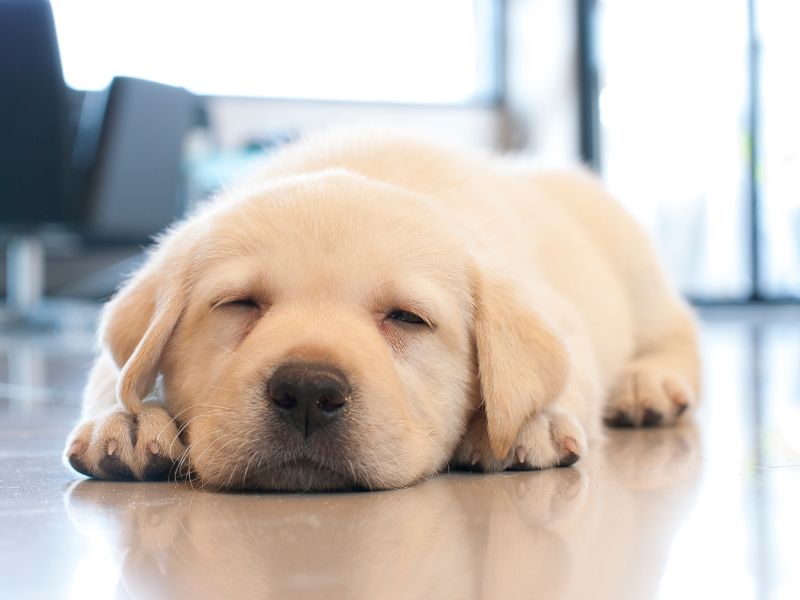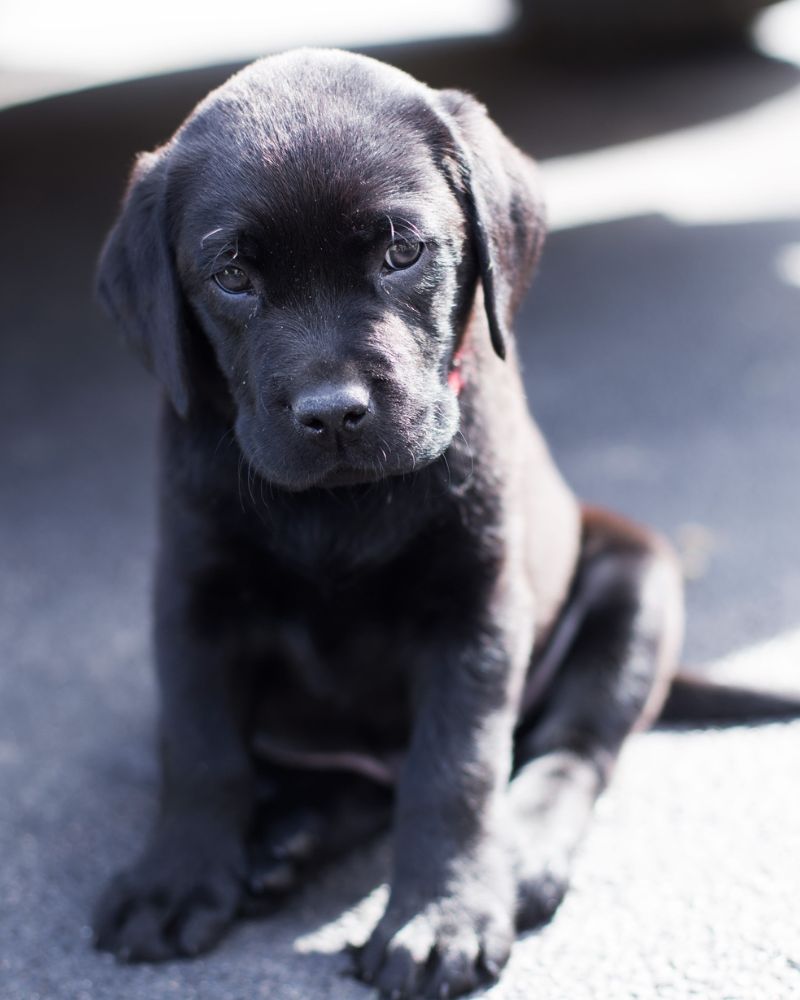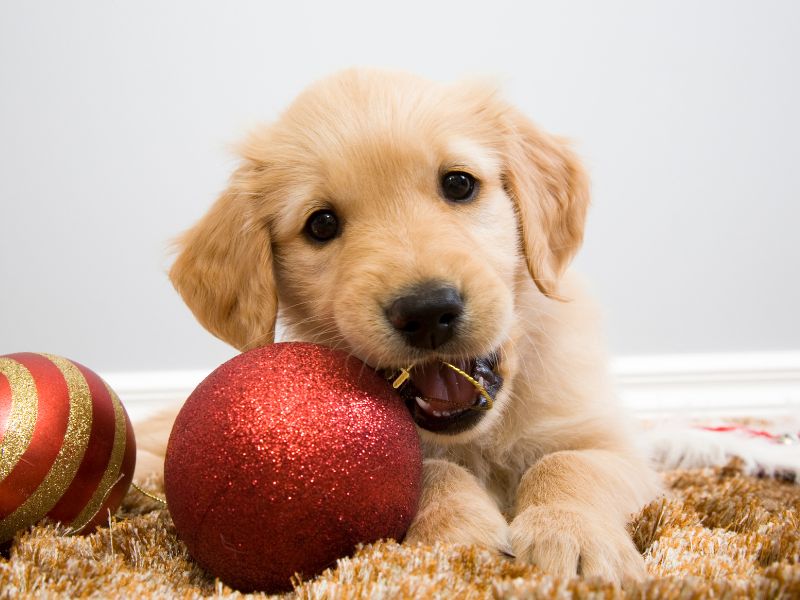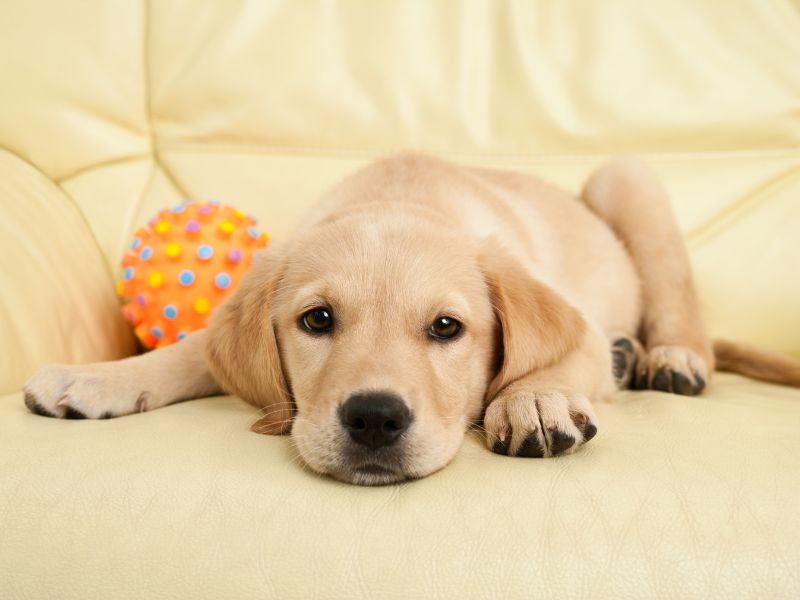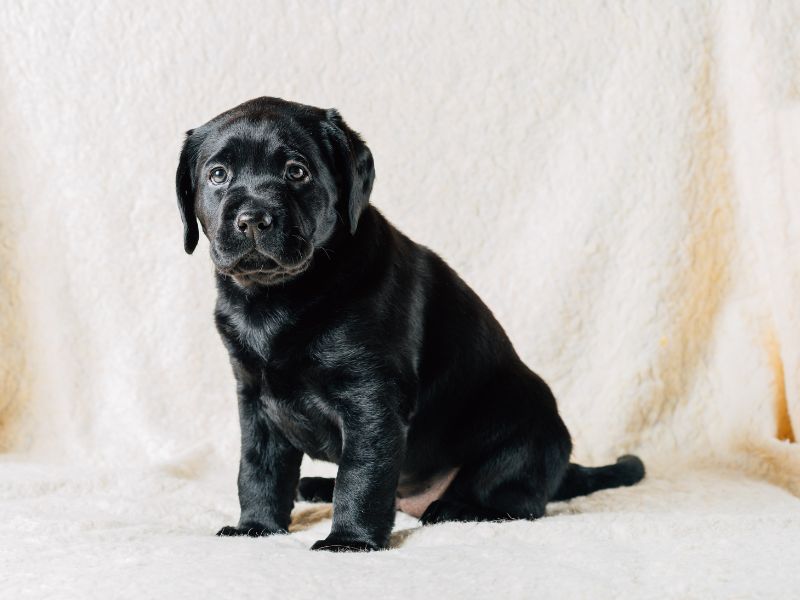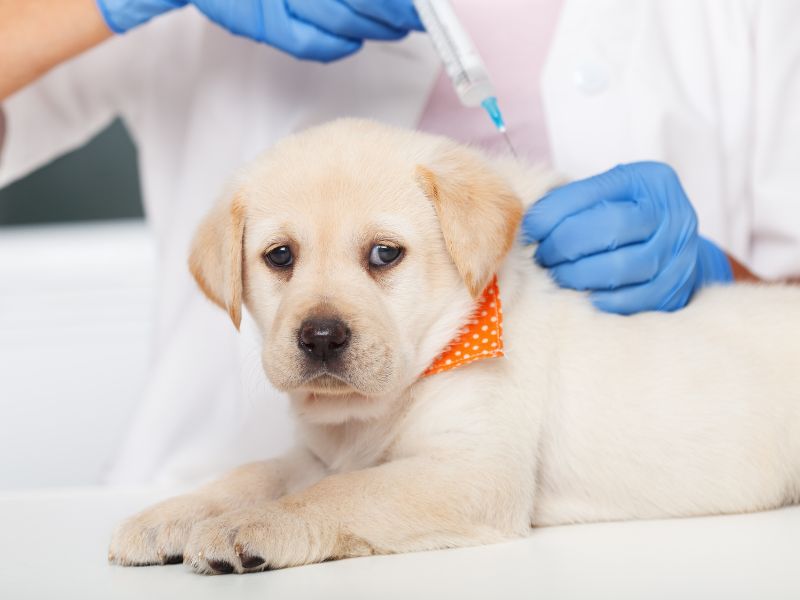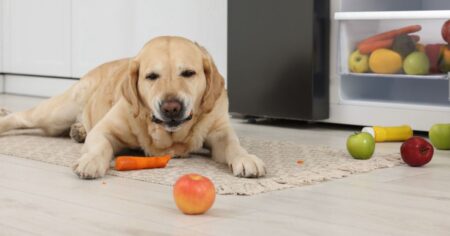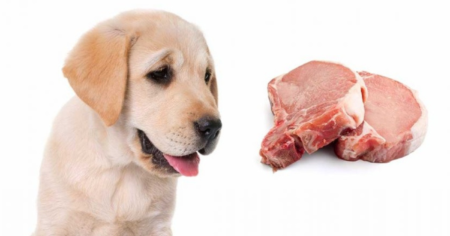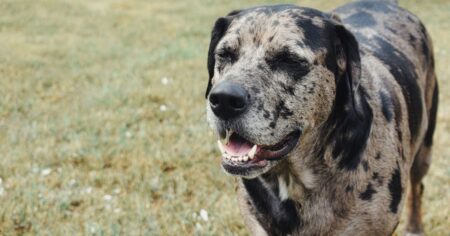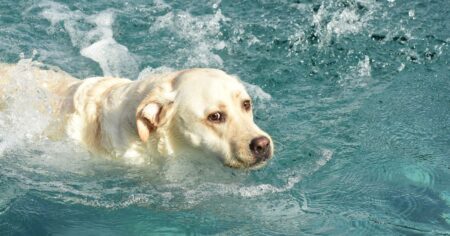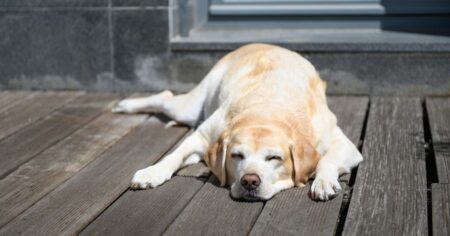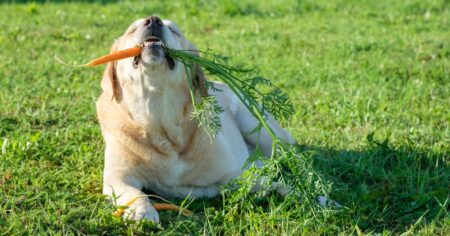A 12-week-old puppy is a bundle of joy that has just joined a family. It is an exciting time for both the puppy and the new owners. However, it is also a time of adjustment and learning for both. Puppies at this age are still developing and require special attention and care to ensure they grow up healthy and happy.
One of the biggest challenges for new puppy owners is potty training. At 12 weeks old, puppies are still learning to control their bladder and bowels. It is important to establish a routine and be consistent with taking the puppy outside to go potty. Additionally, this is the age when biting can become a problem, and it is essential to teach the puppy appropriate chewing behavior. By providing plenty of chew toys and redirecting the puppy’s attention when they start to nip, owners can help their puppy learn good habits.
12 Week Old Puppy Schedule
At 12 weeks old, puppies are still young and learning about the world around them. They require a consistent schedule to help them develop good habits and behaviors. Here is a sample schedule for a 12 week old puppy:
Potty Training
Potty training is an important aspect of a puppy’s schedule. It is important to take the puppy outside frequently and reward them when they go potty outside. Here is a sample schedule for potty training:
- 6am: Take the puppy outside for a pee
- 7:15am: Take the puppy outside for a potty break
- 9am: Take the puppy outside for a potty break
- 11am: Take the puppy outside for a potty break
- 12 noon: Take the puppy outside for a potty break and mealtime
- 2pm: Take the puppy outside for a potty break
- 4pm: Take the puppy outside for a potty break
- 5:15pm: Take the puppy outside for a potty break
- 7:30pm: Take the puppy outside for a final potty break before bedtime
It is important to remember that puppies have small bladders and may need to go outside more frequently than this schedule. Be patient and consistent with the puppy’s potty training.
Overall, a consistent schedule is important for a 12 week old puppy. This includes meal times, play times, and rest times. It is important to remember that puppies need plenty of sleep and rest to help them grow and develop properly. By following a consistent schedule, owners can help their puppies develop good habits and behaviors.
How Much Should a 12 Week Old Puppy Sleep?
At 12 weeks old, puppies are still growing and developing, which means they need plenty of rest. According to PetPlace, a 12-week-old puppy should sleep approximately 18 to 20 hours per day. This may seem like a lot, but it’s normal for puppies to sleep for extended periods of time, as it’s essential to their healthy growth and development.
It’s important to note that not all of a puppy’s sleep will be deep, restful sleep. Puppies may wake up frequently throughout the day and night to eat, drink, and go to the bathroom. They may also move around and vocalize during their sleep, particularly during the first few weeks of life.
To ensure that a 12-week-old puppy gets enough sleep, it’s important to establish a regular routine. According to the American Kennel Club, puppies should have quiet nap times several times throughout the day. It’s also important to establish a regular bedtime routine to help the puppy wind down and prepare for sleep.
If a puppy is not getting enough sleep, they may become irritable, restless, and have difficulty learning new things. On the other hand, if a puppy sleeps too much, they may miss out on important socialization opportunities and have difficulty adjusting to new situations. As with most things in life, balance is key.
12 Week Old Puppy Behavior
At 12 weeks old, puppies are becoming more curious and independent. They are less fearful and more willing to explore their surroundings. Playing is an important part of their development and helps with other good habits such as socialization and exercise.
Playing Helps with Other Good Habits
Playing with other puppies or dogs can help with socialization skills and teach them how to interact with others. It can also help with exercise, which is important for their physical and mental health. Puppies should be supervised during playtime to ensure they are safe and not getting too rough.
Teething and Biting
At this age, puppies are also teething and may be more prone to biting and chewing. It is important to provide them with appropriate chew toys to help relieve their discomfort and prevent destructive behavior. However, it is also important to discourage biting and teach them what is acceptable behavior.
How to Minimize Biting
One way to minimize biting is to redirect their attention to a chew toy when they start to bite or chew on something they shouldn’t. Another way is to use positive reinforcement to reward good behavior and discourage bad behavior. Consistency is key in training puppies, and it may take some time for them to learn what is expected of them.
In conclusion, 12-week-old puppies are becoming more independent and curious. Playing is an important part of their development and helps with other good habits such as socialization and exercise. They may also be teething and prone to biting, but with appropriate chew toys and training, this behavior can be minimized.
Get Pippa’s Training Tips!
If you’re a new puppy owner, it can be overwhelming to figure out where to start with training. Luckily, Pippa’s dog training tips offer a wealth of information on everything from potty training to recall.
One of the most important things to keep in mind when training a puppy is to start early. As soon as you bring your new furry friend home, begin working on establishing routines and teaching basic commands. This will help your puppy learn what is expected of them and make training easier in the long run.
When it comes to potty training, consistency is key. Take your puppy out frequently, especially after meals and naps. Gradually increase the time between potty breaks as your puppy gets older and can hold their bladder for longer periods of time.
In addition to potty training, Pippa’s tips cover a wide range of topics, including leash training, socialization, and behavior issues. By following her expert advice, you can help your puppy grow into a well-behaved and happy adult dog.
12 Week Old Puppy Training
At 12 weeks old, puppies are still very young and are in the critical socialization period that ends by 16 weeks. This is the best time to start training your puppy to ensure they learn good behavior before it’s too late.
One of the most important training goals at this age is exposure to the environment. Puppies are naturally curious and should be exposed to different sights, sounds, smells, and textures to help them become well-adjusted adults. This can include taking your puppy on walks, visiting different places, and introducing them to new people and animals.
Another important training goal is potty training. Maintaining a schedule is important for potty training. Take your puppy out first thing in the morning, after meals, and before bedtime. Reward them for going potty outside and be patient when accidents happen.
Crate training is also important at this age. Your puppy should see their crate as a safe and calm place. Start by bringing them to their crate for short intervals while they are nice and calm. Reward them for going in their crate and gradually increase the amount of time they spend in it.
Consistency and patience are key when it comes to training your 12 week old puppy. They are still figuring out the world and will make mistakes, get distracted, and lose focus easily. It takes time to establish communication between yourself and your puppy, so don’t expect them to get it on the first try. With time and effort, your puppy will learn good behavior and become a well-behaved adult dog.
12 Week Old Puppy Socialization
At 12 weeks old, puppies are in a critical period of socialization. It is important to expose them to different people, places, sights, and sounds to ensure they grow up to be well-adjusted and confident dogs. Puppy socialization should begin with the breeder and continue with the new owner.
Well-run puppy classes can be an excellent way to socialize puppies. These classes provide an opportunity for puppies to interact with other dogs and people in a controlled environment. However, it is important to ensure that the facility where the socialization occurs is clean and disinfected, and that all puppies have received their first round of vaccinations and dewormer at least 7 days before attending their first class.
In addition to attending puppy classes, owners can also socialize their puppies by taking them on walks, visiting dog-friendly stores and parks, and inviting friends and family over to meet the new puppy. It is important to introduce puppies to a variety of people of different ages, genders, and ethnicities to ensure they are comfortable around all types of people.
Overall, socialization is a crucial aspect of a puppy’s development, and it is important to start early and continue throughout their life. By providing puppies with positive experiences and exposure to new things, owners can help ensure that their puppies grow up to be confident, well-adjusted dogs.
Puppy Health and Care
Taking care of a 12-week-old puppy is essential to ensure they grow up healthy and happy. There are three main areas to focus on: vaccinations, feeding schedules, and exercise needs.
Vaccinations
At 12 weeks old, puppies should have had their first course of vaccinations, and ideally, their second dose too. Vaccinations are crucial to protect your puppy from infectious diseases and viruses. It is essential to follow the vaccination schedule provided by your veterinarian to ensure your puppy is fully protected.
Exercise Needs
Puppies at 12 weeks old require regular exercise to maintain their physical and mental health. However, it is important not to over-exercise them, as their bones and joints are still developing. Short, frequent walks are ideal for puppies at this age. Playtime is also an excellent way to provide your puppy with exercise and mental stimulation.
In addition to vaccinations and exercise, general care is also important. This includes proper nutrition, grooming, and training. Providing your puppy with a balanced diet, regular grooming, and positive reinforcement training will help them grow up to be healthy and well-behaved dogs.
Overall, taking care of a 12-week-old puppy requires a commitment to their health and well-being. With proper care and attention, your puppy will grow up to be a happy and healthy dog.

